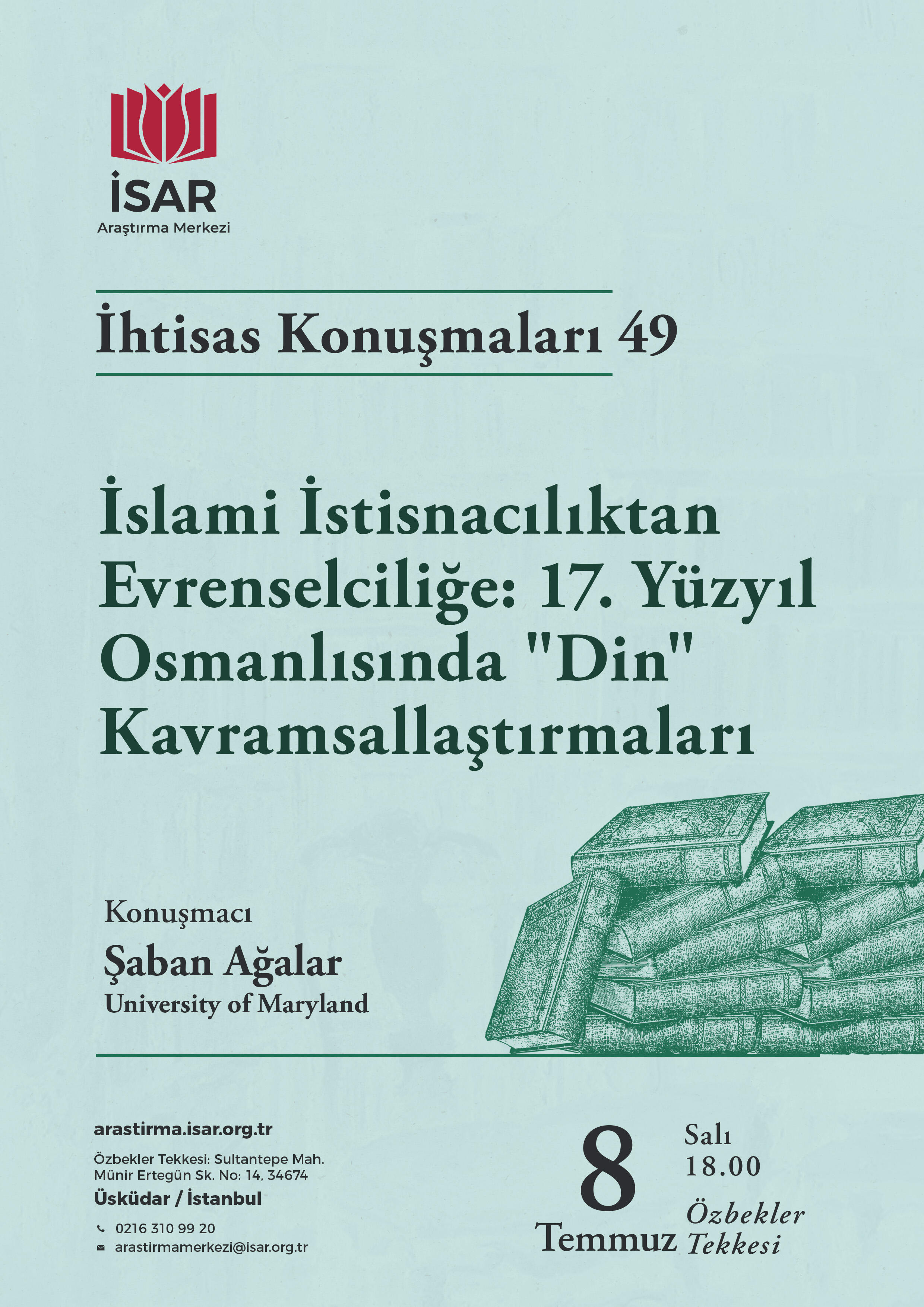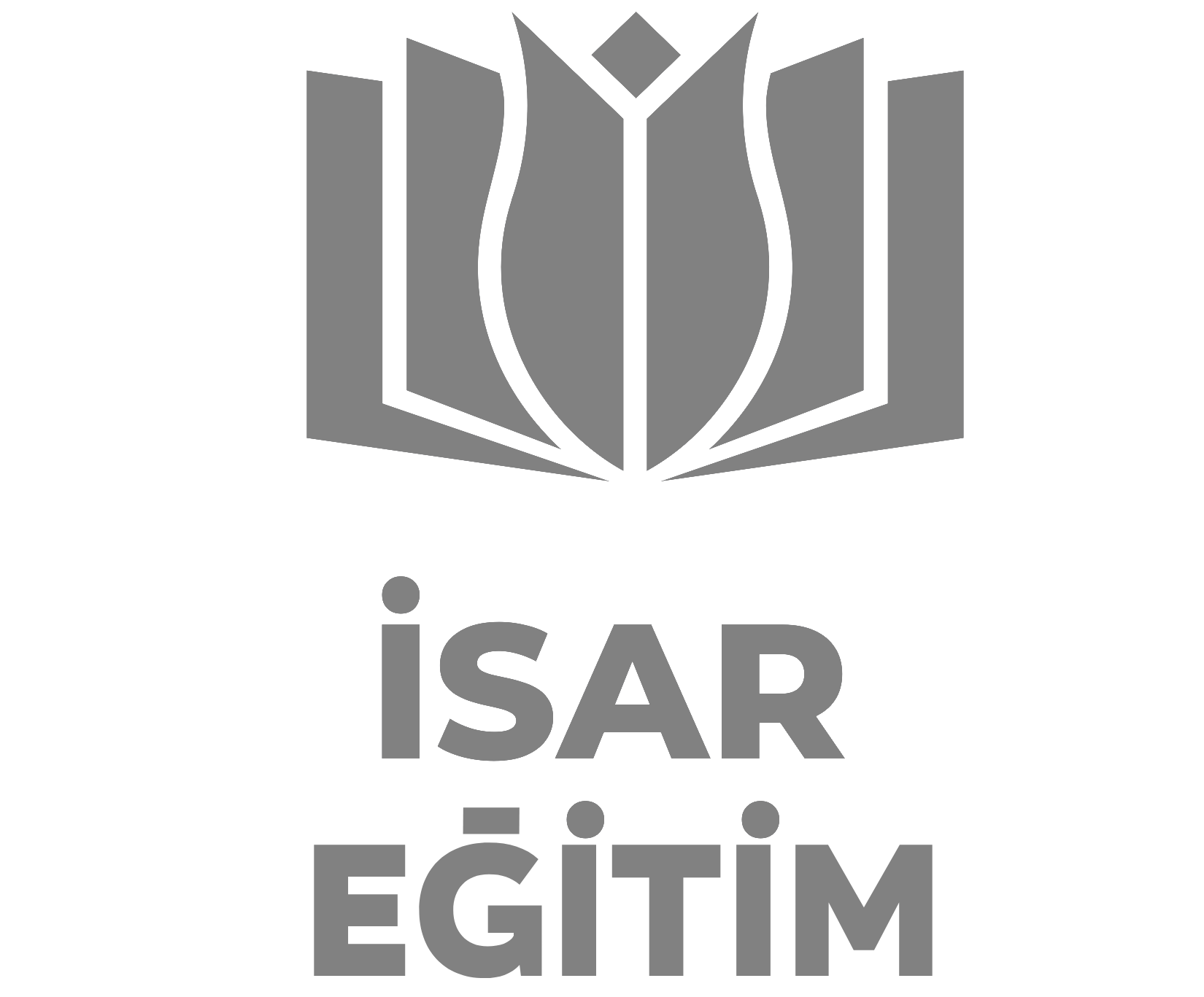From Islamic Exceptionalism to Universalism: Conceptualizations of “Dīn” in the 17th Century Ottoman Empire
We will host Şaban Ağalar in the 49th session of the Ihtisas Talks series organized by ISAR Research Center. In his presentation, Ağalar will share with the audience the new meanings of the concepts of dīn and millet in the 17th century Ottoman Empire based on his doctoral thesis.
The histories of the world written in the Ottoman Empire from the late 16th to the early 18th century mark important transformations in the category of ‘dīn’. Broadening in geographical and cultural scope compared to previous examples, and focusing less on Ottoman or Islamic history, these histories approach the concept of religion as a universal analytical unit and differ from the traditional Islamic use of dīn as exclusive to Islam. Treating Islam as a dīn among other dīns, these authors see dīn as a universal social phenomenon comparable to other areas of human life such as politics, law and economics. With the growing literature on non-Muslim faiths and holy books, these world histories have taken a more distanced and analytical approach to their subject matter. These conceptual and historiographical shifts are associated with the Ottomans' growing knowledge of the outside world and transformations in the way the Ottomans perceived their place in the global context.
Şaban Ağalar graduated from Boğaziçi University in 2015 with a double major in Political Science and History. Ağalar received his master's degree from the Department of History at the same university in 2017 and his PhD degree from the Department of History at the University of Maryland College Park in 2024.
Sosyal Medyada Paylaş Google Takvime Ekle + iCal / Outlook export


